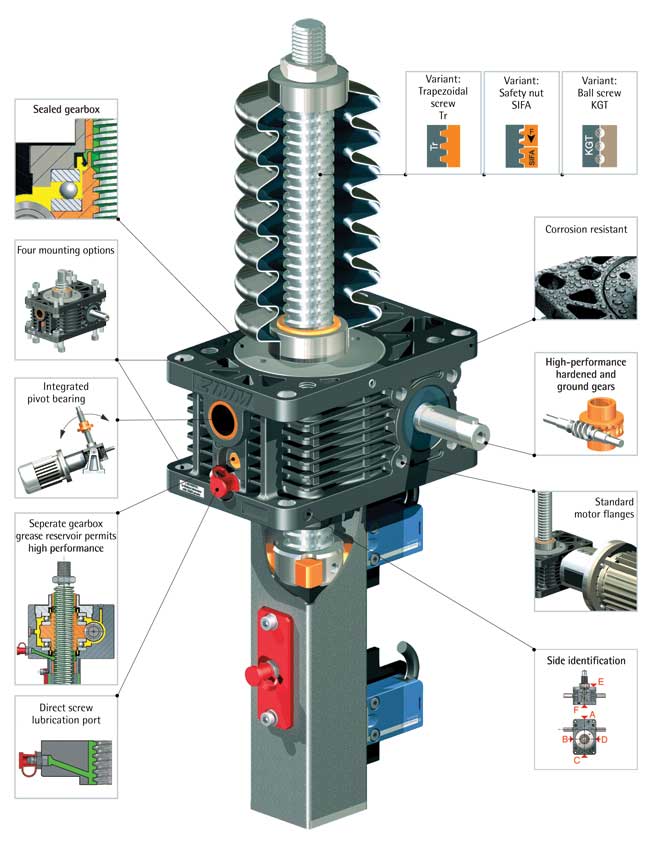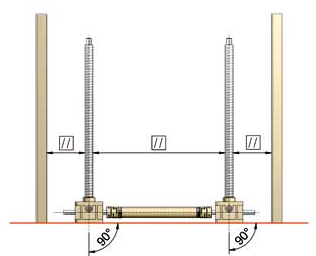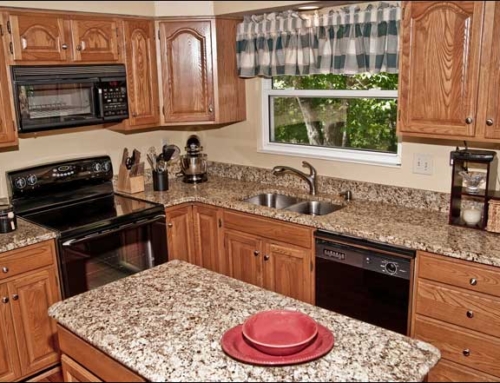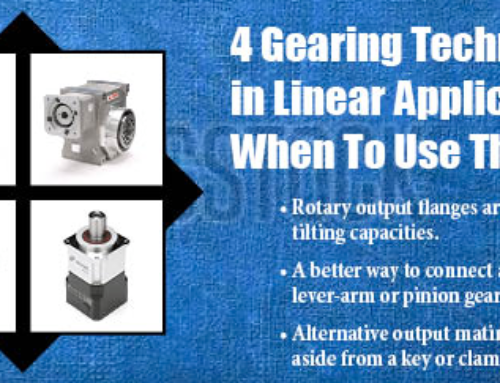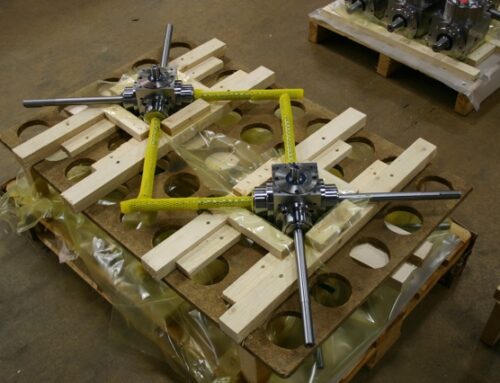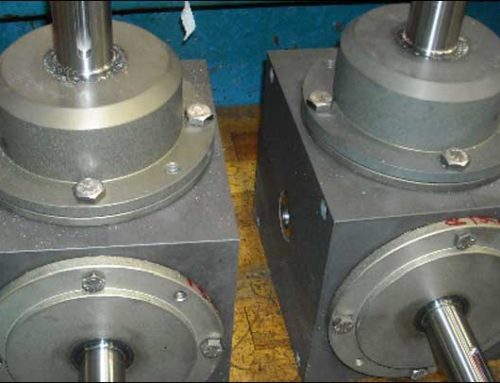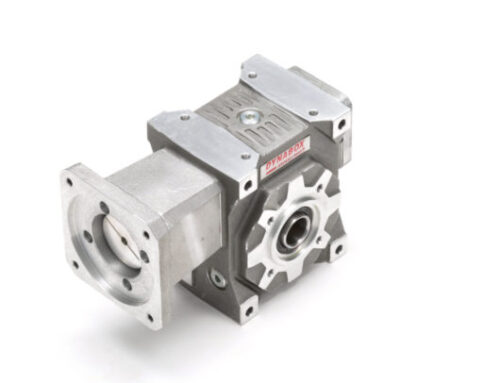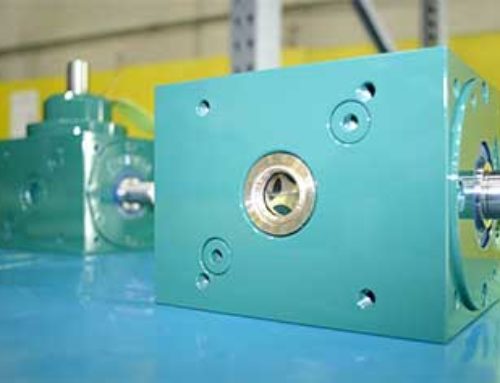Home improvements, especially kitchen renovations, are hot topics in lifestyle TV shows and magazines. The kitchen is considered to be the focal point of most families’ home life. A big decision is the type of countertop to install. There are natural materials, laminates, and solid man-made options.
DieQua was called upon to help in the design of a machine to manufacture solid countertop material, one of the more popular choices due to its wear and maintenance characteristics. The design was complex but used a concept that is relevant in a variety of extrusion and rolling forming applications.
The idea was to take a liquified polymer or resin and feed it through a series of rollers that would slowly compress and cool the material until it reached the required thickness and density parameters. Each roll drive station was to include roller gap control and tension transducers to achieve the proper thickness and compression pressure. Up to 30 stations were required in the process.
DieQua’s responsibility was to handle the roller gap control. To solve this, a series of Zimm screw jacks were selected to provide adjustment of the space between the rollers in each station.
Each standing version screw jack included an anti-rotation option to assure that no motion was lost during actuation. They were also outfitted with linear encoders to provide precise feedback on the roller position. This information was then relayed to a monitor that controlled the independent drive on each screw jack. This system allowed the precise positioning necessary to maintain material thickness accurately and automate the rollers’ adjustment when different products were to be produced.
Because of the high humidity inside the machine, resulting from the cooling process, stainless steel spindles and gearbox worm shafts were also offered to reduce the possibility of corrosion. However, because the screw jacks were mounted outside the machine, and because relatively small adjustments after the initial setup were to be made, this option was deemed unnecessary. Instead, protective spindle boots and tubes with grease nipples were installed to assure that the standard grease lubrication wasn’t compromised and to allow additional grease to be added as a standard maintenance procedure.
Cylinder or roller gap control is necessary for a wide variety of applications and industries. Paper and plastic converting both require this capability. The metals industries are also prominent users, especially in steel production, roll forming, and metal working tooling adjustment. Screw jacks can play a vital role in controlling the position of production components.
Whenever you have an application calling for lifting or positioning, contact Diequa to discuss how a Zimm screw jack, either by itself or within a complete system, can be incorporated into your design. It will help provide the exacting performance characteristics necessary to satisfy your requirements.

